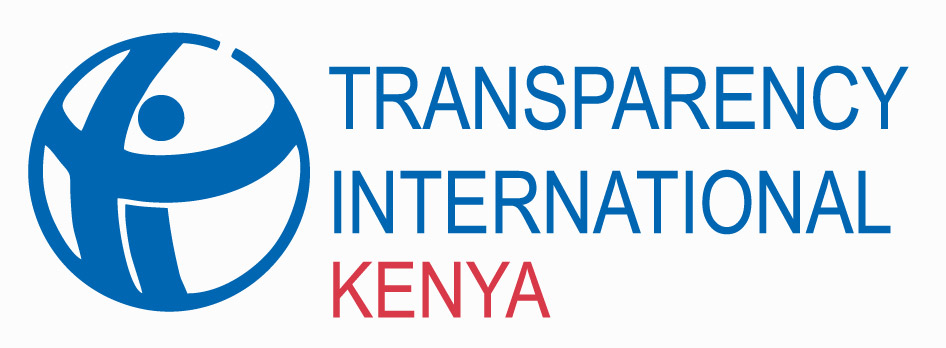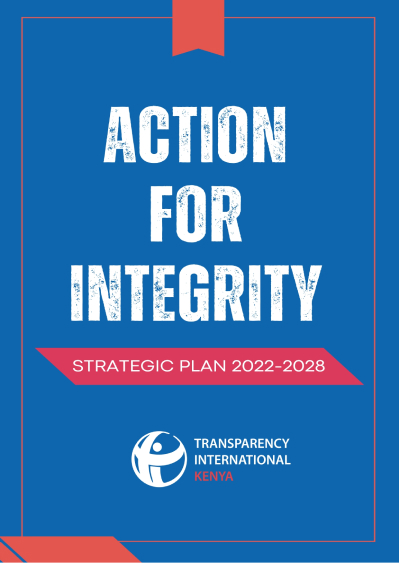By Samuel Ngei
Environmental decision-making entails the processes by which choices are made about activities that use natural resources or alter the landscape in some way.
These choices have consequences for the environment and society.
Environmental Impact Assessments (EIAs) help to identify, predict, estimate, mitigate, minimise, and communicate to the public the environmental (biophysical) and social consequences of proposed projects. They are undertaken before the implementation of those projects. However, the weak implementation of this requirement poses a corruption risk in the whole process.
Meaningful public participation is central to all the steps involved in conducting an EIA. The EIA is a good opportunity to ensure women and men’s voices and concerns are heard, and for negative impacts of mining projects on women and men be identified and mitigated. If done meaningfully, it can uphold the right of women and men to participate in and influence decisions that will affect them.
However, there are inequality issues that prevent women from engaging in community consultations compared to men. Therefore, considering the gender dynamics at play is crucial to clearly understanding the context, cultural, and traditional norms, and practices of the affected communities, and crucial to ensuring all mining’s potential impacts are identified and addressed.
Corruption risks in awarding EIA licenses
Mining operations under the environmental laws of Kenya are required to conduct an EIA as a requirement for an EIA license.
The National Environmental Management Authority (NEMA) supervises the process and requires that a registered EIA expert conduct the study and develop appropriate action plans.
The EIA process requires a period for public participation, and mining companies are required to hold at least three public meetings with the affected parties and communities. The government is obliged to validate the reports. Once an EIA study is completed and filed, and authorities are satisfied as to the adequacy of the report, NEMA issues an EIA license.
The focus on the EIA licence is anchored on the understanding that mining operations impact the environment, and companies are under the obligation to receive authorisation from the relevant licencing agencies to conduct their activities.
Corruption, the lack of meaningful public participation that considers gender disparities, and the lack of capacity, and financial constraints by NEMA, are among the factors that lead to non-compliance. This implies that projects might obtain environmental licenses despite the potentially severe implications they may have on the environment and communities.
EIAs should be conducted in a transparent, accountable, and participatory manner to correctly identify impacts and mitigation measures. It should inform decisions that will intentionally reduce the social and environmental costs that individuals must bear.
Yet, there is evidence that corruption poses challenges in carrying out EIAs. For example,
- the mining company may bribe government officials to determine that a proposed project does not need an EIA, or government officials may solicit bribes from project proponents for the same reason.
- Because of the uncertainty of an EIA outcome, the mining company may bribe the individuals responsible for carrying out an EIA to ignore certain issues and impacts.
- Most commonly, the community representatives are bribed to influence the rest of the community members to give their consent to projects or to provide false data.
Why consider environmental impacts through a gender lens?
According to the World Health Organisation (WHO), the adverse effects of environmental pollution are experienced by both men and women. The differences however vary by type of infection, exposure, biological, behavioural, and social criteria, with significant differences in communicable diseases, non-communicable diseases, and injuries. Men and women experience many environmental exposures at similar levels, such as exposure to ambient air pollution, unsafe water, or noise. However, adverse effects are experienced more by women and children than men because, in most mining areas, home chores are done by women. While at home, people spend long hour inhaling contaminated air, and using polluted water.
In Kwale County, there have been claims of dust, noise, and water pollution. Dust effects have been associated with the respiratory problems experienced by the residents and children. Any increase in health issues in families would result in additional health care burden for women. Women rely on subsistence farming. Any changes in land use or pollution that affects land or other natural resource used both for family use and income source, will affect the ability of women to contribute to household income.
Environmental and social management plan (ESMP) is a plan that mining companies need to develop as part of the EIA. To design appropriate and targeted ESMPs, it is crucial to analyse data disaggregated based on sex and age, and to use a range of ‘gender indicators,’ sensitive to the differences between men and women, to measure impact. Moreover, it is fundamental to increase women’s voices and input in doing the EIA, particularly in identifying potential impacts by capturing women’s different social, political, and economic realities; thus, allowing women themselves to identify how risks can be mitigated.
Achieving gender equity in the mining sector requires eliminating unnecessary, avoidable, and unjust health and gender inequities. It means comprehending that women and men have the same opportunity to enjoy living conditions and services amidst mining operations. Men’s life is in no way more or less important than that of women or children, but it is different, and this must be outlined clearly in the EIA reports for mining projects.
Why is meaningful and inclusive public participation important?
Public participation will never be meaningful unless all the people in the society are involved in the identification of potential impacts based on their understanding and knowledge about the proposed mining project. In June 2019, the National Environment Tribunal ruled that the public participation done for the proposed Lamu Coal-Fired Power Plant by Amu Power was insufficient. Though there were meetings with the community, appropriate information was not shared. Thus, if the members of the community had information about human health, damage to plants and animals, immature deaths, and impacts on forests, they would not have supported the project. This means the public participation was not meaningful.
In most instances, women’s voices are missing due to barriers emanating from the community set up and traditions. Since women are responsible for the daily running of a household, they hardly have an opportunity to participate in public meetings, especially if the meetings are planned far from their residents. As a result, women’s valuable perspectives are undermined, yet many impacts can significantly affect their lives.
To contribute to addressing this, Transparency International Kenya (TI-Kenya) is deliberately working towards increasing the number of women representatives in the multi-stakeholder group (MSG) engagements in Kwale County. The MSGs are composed of representatives from the government, civil society organisations, mining company, and community. This was informed by the fact that women were the most side-lined in discussions concerning mining decisions.
Following from the findings of the Mining Awards Corruption Risk Assessment (MACRA) report in 2017, TI-Kenya worked with NEMA to simplify the EIA procedures as set in the environmental management laws and regulations of Kenya. The process included the use of simple language and visuals, and translation into Swahili to allow diverse groups of women and men with low literacy level understand the process. Once each citizen understands the EIA process and opportunities to engage in relevant stages, through their representatives in the MSG can require mining companies to be transparent and ensure meaningful public participation is conducted. Increasing both men and women’s understanding of the process and how their opinions can count in influencing decisions concerning the awarding of mining rights, they can actively contribute to strengthening transparency and accountability within the EIA process and reducing gendered impacts of corruption in mining licensing process.


